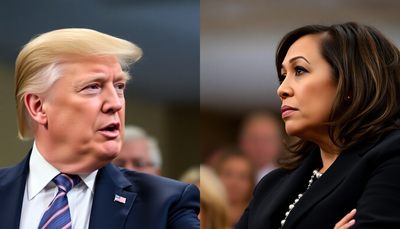Need-Blind admissions in the US Universities: 6 things every student must know

[ad_1]

When it comes to applying to US universities, the admissions process can often feel overwhelming—especially when finances are involved. Many students and families look for institutions with need-blind admissions policies, hoping that financial status won’t affect their chances of acceptance. But there’s more to this policy than meets the eye. While need-blind admissions focus solely on academic qualifications, they don’t always guarantee financial support.Here’s everything students need to know about how need-blind admissions work, which universities offer them, and what to expect when it comes to financial aid.
What is need-blind admission policy?
In the United States, need-blind admissions refer to a policy where colleges and universities evaluate applicants without considering their financial background. This approach often leads to a larger percentage of students requiring financial assistance, which demands that these institutions maintain substantial financial reserves, such as large endowments, to support the influx of aid requests.
However, many institutions face challenges in offering sufficient financial aid to all admitted students. While some schools do not adopt a need-blind policy, others that do may still struggle to meet the full financial needs of their student body. This policy may be limited to domestic applicants or may also encompass international students. Certain colleges extend need-blind admissions only to domestic first-year applicants, leaving international and transfer students outside the policy’s scope. Need-blind institutions are often highly selective, receiving a significant number of applications each year.
Do need-blind universities guarantee full financial aid?
While some universities in the U.S. adopt need-blind admission policies, they do not guarantee associated financial aid. As a result, students who are offered admission may find themselves unable to enroll if they cannot afford the costs of attendance.
Conversely, several institutions not only maintain need-blind admissions but also commit to covering the full financial needs of all admitted students. Typically, this commitment is extended mainly to U.S. citizens. However, there are currently six prestigious universities that also offer similar financial support to international students.
Universities offering need-blind admission with full financial aid
Many U.S. universities implement a need-blind admission policy. However, this does not consistently apply to international students and does not guarantee that admission offers come with financial assistance. Presently, only five U.S. universities provide both need-blind admissions and full financial aid for all students. These institutions are:
- Massachusetts Institute of Technology (MIT)
- Harvard University
- Princeton University
- Yale University
- Amherst College
Universities offering need-blind admission to both U.S and international students
Nine U.S. higher education institutions have adopted a need-blind policy for all applicants, ensuring they meet the full demonstrated financial needs of everyone, including international students. These institutions are:
- Amherst College
- Bowdoin College
- Brown University (starting with the Class of 2029, Brown will implement a need-blind policy for international students)
- Dartmouth College
- Harvard University
- Massachusetts Institute of Technology
- Princeton University
- The University of Notre Dame (President Rev. Robert A. Dowd, C.S.C. announced during his inauguration speech on September 13, 2024, that the need-blind policy will be extended to all applicants, including international students, starting with the Class of 2029).
- Yale University
Need-blind admissions minus full coverage of financial needs
Certain institutions have adopted a need-blind admissions policy but do not guarantee full coverage of the demonstrated financial needs of their admitted students. Examples include Baylor University, which meets an average of 65% of financial need, and Bucknell University, which meets an average of 91%. Cooper Union provides all admitted students with a half-tuition scholarship, while other schools, such as Fordham University, Hampshire College, Hillsdale College, Ithaca College, Providence College, and Saint Louis University, also fall into this category.




